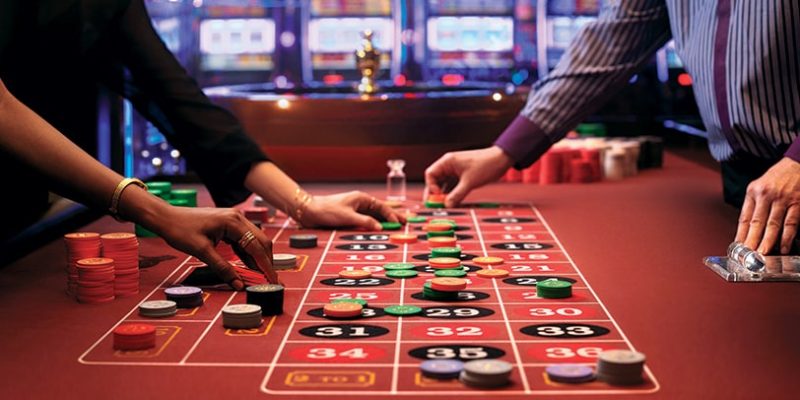
Roulette Table
Beyond strategies and systems, understanding the psychology behind roulette can help foster better decision-making and emotional resilience.
Recognizing Emotional Roulette Table
Roulette can evoke a myriad of emotions, such as excitement, impatience, and frustration. Distinguishing emotional triggers can aid players in maintaining composure during gameplay Rikvip.
A loss might yield feelings of disappointment; however, recognizing this emotional pool can prevent players from resorting to irrational decisions. A player must also accept losing is part of the game to set realistic expectations regarding winning.
Building a Positive Mental Approach
Developing a positive mental framework can be a game-changer. This involves acknowledging both wins and losses as integral components of the gambling experience.
Implementing techniques like visualization can bolster confidence during play. Picture the table layout, your bets landing successfully, and a well-managed bankroll, reinforcing your self-belief without veering into overconfidence.
Practicing Patience and Discipline
Patience is pivotal in stalking successful roulette strategies. This means recognizing when to hold steadfast, even if that involves taking a break from the table.
Establishing a time limit or goal adds structure to the experience, promoting balanced play. The serenity of approach allows for rational decision-making, Roulette Table even when the thrill of the risk beckons players to behave impulsively.


